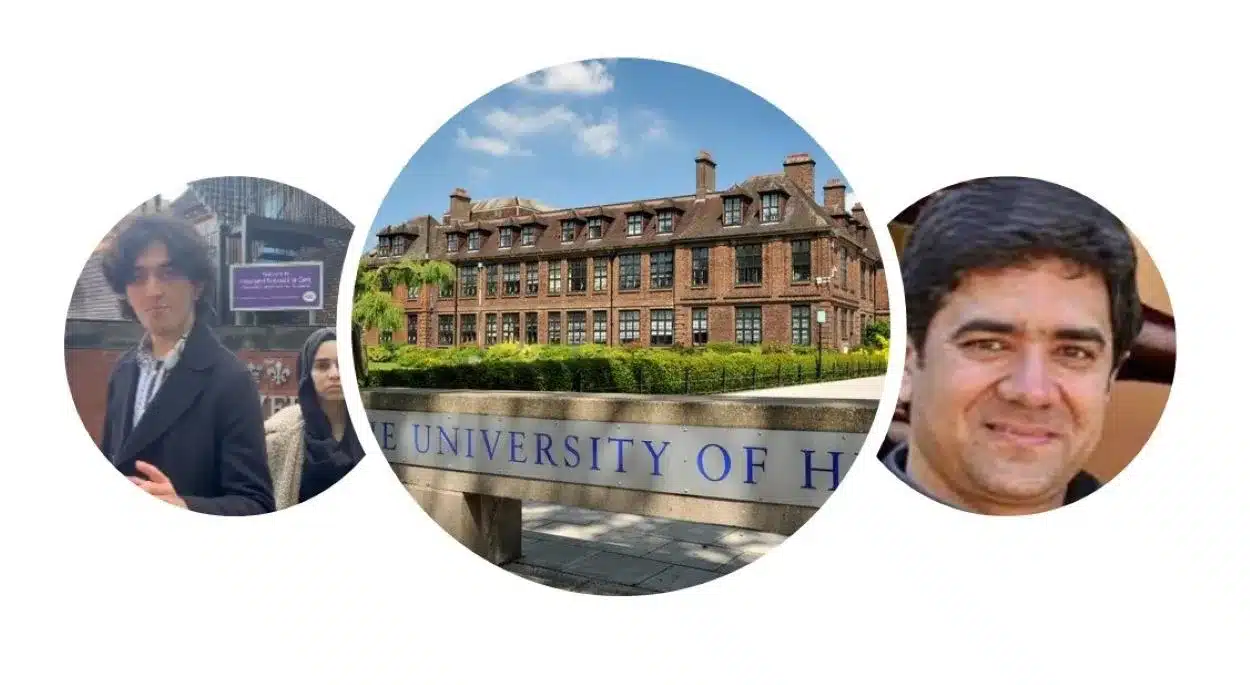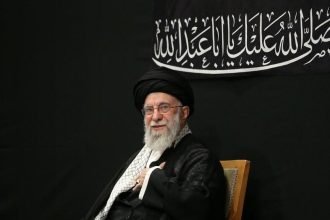The University of Hull in Manchester found itself amidst a storm stirred by supporters of Pakistan Tehreek-e-Insaf (PTI). With the spotlight on Judge Humayun Dilawar, the jurist who had recently convicted PTI chief Imran Khan, the University’s stance on his participation in a training program became a matter of national interest.
The Roots of the Controversy: Imran Khan’s Conviction
The atmosphere intensified when PTI activists converged on the university grounds, raising their voices against Judge Dilawar. Their primary contention revolved around his decision in the Toshakhana case, which saw the party’s leader, Imran Khan, receiving a three-year prison sentence. With news surfacing that Dilawar was in London to partake in a training program, the protestors demanded his immediate expulsion from the course.
Yet, the University of Hull swiftly responded, clarifying the evolving scenario. The University disclosed that Dilawar’s visit to the United Kingdom wasn’t impromptu. Instead, his participation stemmed from a recommendation by the Islamabad High Court (IHC).
Since 2014, the University has diligently imparted training focused on human rights and the rule of law, tailored for Pakistani judges. These participants, the University elucidated, are chosen by their respective high courts back home. Their statement emphasized, “The Islamabad High Court, the Peshawar High Court and the Supreme Court of Pakistan have selected the current cohort. The University has no role in the selection of judges.”
The waves from the Toshakhana case decision on August 5 rippled far and wide. Judge DiDilawar’serdict against former Prime Minister Khan significantly blew PTI. Post his conviction, Khan, the revered cricketer-turned-politician, was arrested. This action garnered vehement reactions from his party members.
The crux of the case lay accusations of KhKhan’sisuse of his authoritative position, buying and selling state gifts acquired during overseas trips, valued at 140 million Pakistani rupees (approximately $635,000). These claims, however, are fervently denied by Khan.






